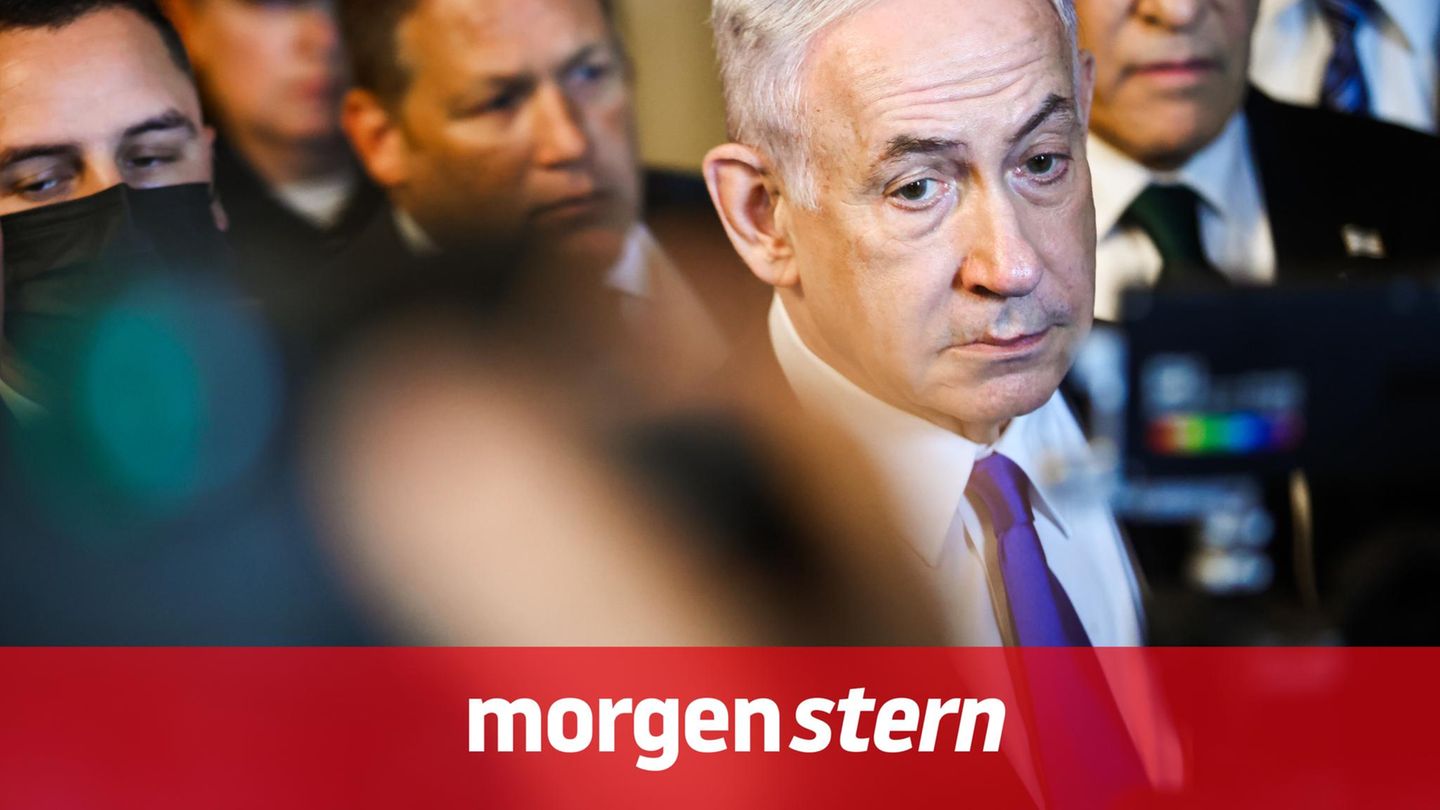The work meeting was organized by the fund manager MegaQm and was attended by Adrián Rozanski, director of 1816; Gustavo Nefa, director of Research & Trader; Federico Furiase, director of Anker Latin America and Francisco Odone, investment manager of Mega Qm.
Analysts doubt the permanence of the sensation of temporary tranquility seen in these weeks, after Sergio Massa arrived at the Ministry of Economy. They estimate that it is very likely that by the end of the first quarter of 2023 what they call “the problem of transition” will arise again in the electoral year. In other words, due to the accumulation of maturities, the ghost of “reprofiling” reappears.
Furiase pointed out that “in a scenario in which we rule out the slight jump in the exchange rate, inflation has a difficult floor to break and given that there are still negative real rates, CER coverage remains attractive.” The Anker analyst indicated that “at the same duration, the dollar link curve is more expensive than the CER because the risk of a discreet jump is embedded in it.”
It also points out that the dollar in futures contracts traded on the Rofex market “is more expensive than the implicit link dollar” in the government’s bills. The economist also considers that if there were an unforeseen devaluation jump, the transfer to prices in the current economy is so fast and comprehensive that it would be captured by inflation.
For specialists, dual bonds, which offer adjustment for inflation or devaluation, are losing their appeal. The titles were delivered by the Government last month in exchange for bills that were due in September, with their maturity passing until June 2023. Today they offer lower yields than a common CER bond.
For his part, Rozanski stated that in the next two or three months “we can have a summer, until March or April when the market can once again wonder about the risk of the transition.” In that case, the analyst recommends CER coverage. The director of Fondos 1816 warned that there is a risk of the Government misreading what the calm that has been generated in recent weeks implies. “The Government may be thinking of taking advantage of the opportunity to make an exchange and kick maturities for 2024. The risk is that it installs the transition issue,” explained Rozanski.
In his opinion, if the Treasury tries to pass maturities for 2024 with a new bond swap, the market can read that in 2023 there will be problems.
Meanwhile, the survey made it clear that only 5% of the participants consider “sufficient” the measures that the Government devised to add reserves, that is, “soya dollar” plus accelerated daily devaluations. 68% consider that they would have to devalue the official exchange rate and 26% consider the need for a split.
On the other hand, 32% expect inflation to remain high and continue to rise, and 43% expect it to remain at the same level as in August, with a Consumer Price Index (CPI) of 7%.
Source: Ambito
David William is a talented author who has made a name for himself in the world of writing. He is a professional author who writes on a wide range of topics, from general interest to opinion news. David is currently working as a writer at 24 hours worlds where he brings his unique perspective and in-depth research to his articles, making them both informative and engaging.




